In some cases, this process would repeat for a number of years, involving contacts at several different bureaus – many of whom were genuinely trying to help by passing contributors to new accounts departments.
Fatma Eddaama, a Palestinian freelance journalist based in the Gaza Strip, who has worked with BBC Arabic since 2017, was promised a $30 fee for each of her interactions, including reporting in the middle of a war zone in Gaza.
“During the last war on the [Gaza] Strip in May 2021, I was in danger many times. When I asked for my dues, they did not respond to me [...] They informed me that it is not necessary to record the dates of my work, because they were recording them.”
She has not received any payment since 2019. Eddaama added she is hopeful that BBC Arabic will “abide by their promises to pay”.
BBC Arabic responded through Twitter, initially stating the BBC “does not pay any direct payment to participate in its news programmes, but sometimes offers a specified token amount for guest time”.
When it was pointed out that these token payments had not been received, comments on the tweet were quickly turned off.
BBC Arabic later published a new response, apologising to those affected and claiming the organisation was “aware of a technical defect in the payment mechanism within the institution”.
Eliefifi said he received a phone call the day after his protest from a BBC Arabic producer assuring him he would be paid. But as of Friday, he has not yet received the money he is owed
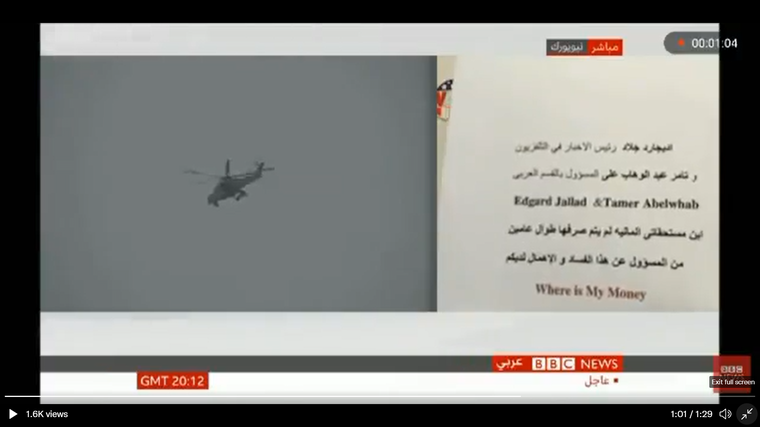


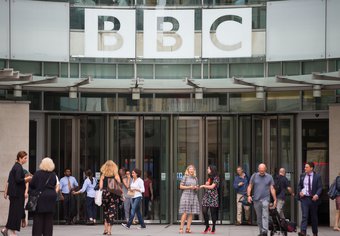
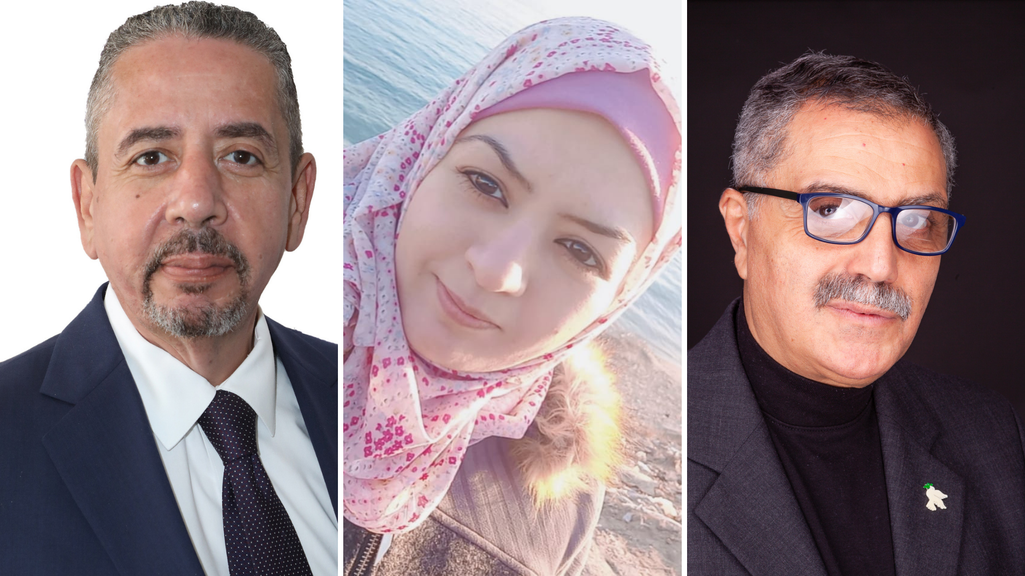

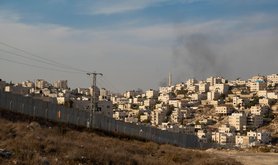

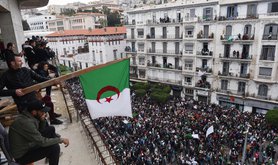
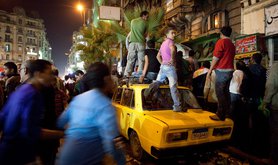
Comments
We encourage anyone to comment, please consult the oD commenting guidelines if you have any questions.